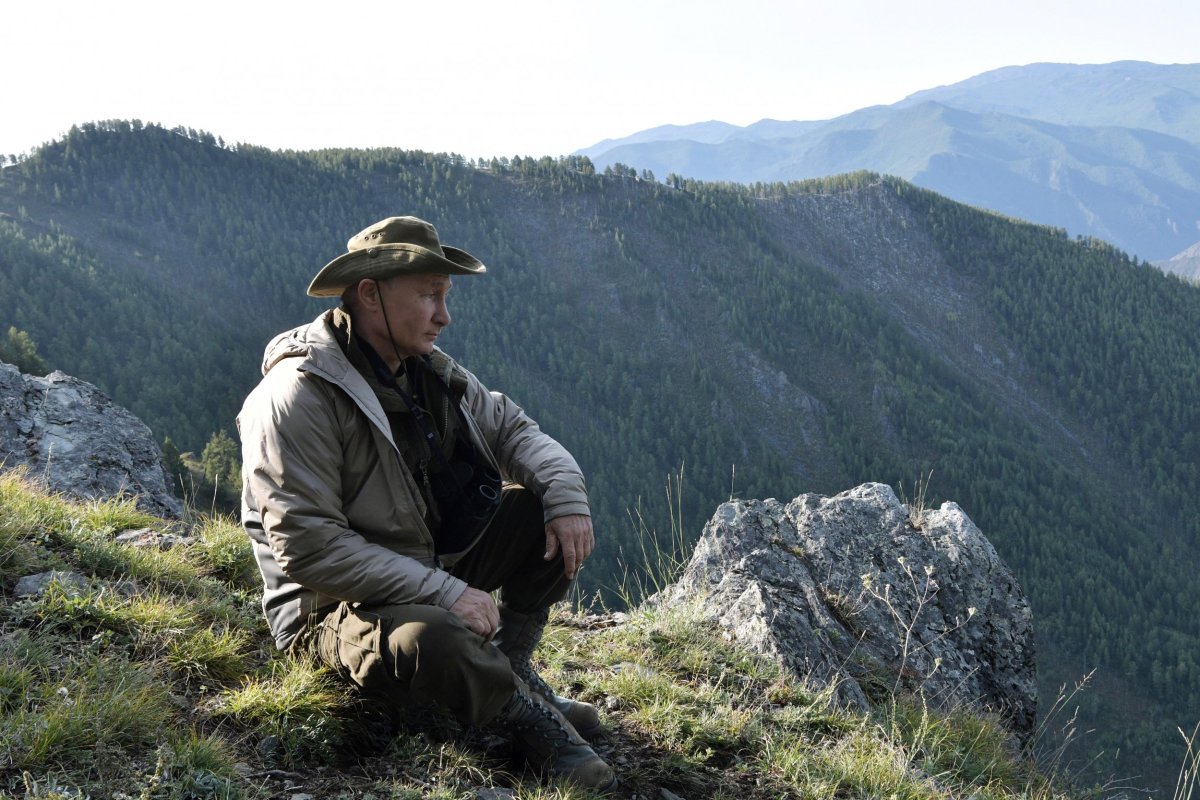If we persist with the idea that Putin is a strategic mastermind we will be looking for a grand design in the chaos that simply isn't there. If it seems that Russia is moving in all kinds of different directions at once, it's not a result of misdirection or because we haven't seen the pattern—it's because that's exactly what Russia is doing. We're looking for a great white shark, a single, murderous killing machine, but while we're doing that, a shoal of piranhas, individually much less formidable, yet much harder to predict and repel, is eating the flesh from our backs.
We should not try to predict Russian strategy based purely on Putin himself—his tells and tics, his habits and his hobby horses. In fact, the political entrepreneurs in his Russia are of every sort, from businesspeople to storytellers, computer hackers to gangsters.
In October 2016, for example, there was an attempted coup in the small Balkan state of Montenegro that was apparently intended to try and prevent it from joining NATO. Russian intelligence officers were involved, but according to Bulgarian intelligence, the first initiative came from a Russian not-quite-oligarch—let's call him a minigarch—called Konstantin Malofeyev. A Russian Orthodox zealot and an ultranationalist, Malofeyev came up with the idea and pitched it in Moscow until the government gave it the green light.
In some ways the system works in the same way as the start-up economy: lots of people with ideas—some good, some bad, some already being tried on a small scale and others that exist purely in their creators' imaginations—all try to interest the one big investor in the Kremlin. Trying to predict what ideas will come out of this process based on Putin's character is a completely futile task.

Instead, Putin's state generally responds to opportunities. A British prime minister calls for a referendum on leaving the European Union; American Democratic Party officials practise poor computer security; people in the West begin to lose faith in their political systems and elites; opaque financial structures allow 'dark money' to distort economies and corrupt politics; social media bypasses the traditional press. Russia created none of these opportunities, but has demonstrably tried to exploit them. In effect, we in the West define what Putin's state does to us, while he is simply taking advantage of the failures, broken promises and stress points in our systems.
So, rather than looking for a grand and complex strategy, we need to accept that Putin, at least abroad, is in effect following the strategy that Mark Zuckerberg encouraged at Facebook—'move fast and break things'. However, instead of Silicon Valley's goal of 'disruptive innovation', Putin is looking for innovative forms of disruption.
He encourages his agents and adhocrats to seize opportunities, fully aware that some, and maybe most, will fail. But that doesn't matter, because the very act of launching these attacks brings chaos and uncertainty, and when they do succeed, the judoka can make his move.
This is an excerpt from We Need to Talk About Putin by Mark Galeotti, published by Ebury Press (£9.99).
Professor Mark Galeotti is a Senior Non-Resident Fellow at the Institute of International Relations Prague, having previously headed its Centre for European Security, and was before then Professor of Global Affairs at NYU. A prolific author on Russia and security affairs, he frequently acts as consultant to various government, commercial and law-enforcement agencies. Follow on Twitter @MarkGaleotti.
The views expressed in this article are the author's own.
Update: This article has been updated to clarify the attempted coup.
Uncommon Knowledge
Newsweek is committed to challenging conventional wisdom and finding connections in the search for common ground.
Newsweek is committed to challenging conventional wisdom and finding connections in the search for common ground.
About the writer
To read how Newsweek uses AI as a newsroom tool, Click here.








